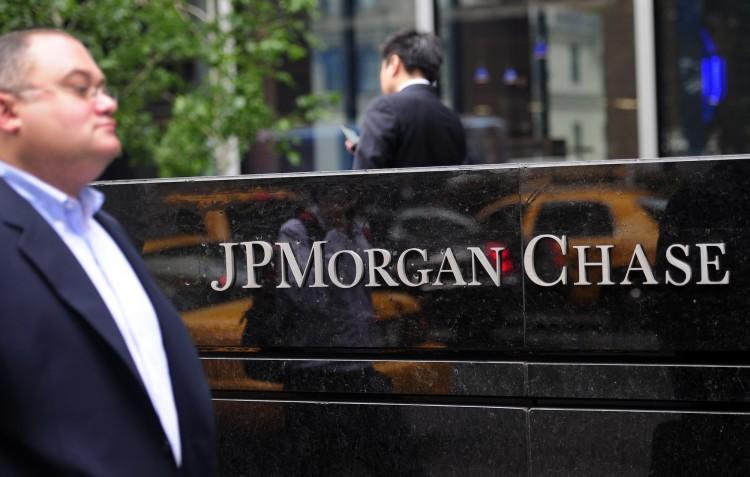The Federal Reserve is likely to raise interest rates nine times consecutively as policymakers attempt to rein in inflationary pressures, say economists at JP Morgan Chase.
The bank expects the Fed to raise interest rates by 25 basis points each of the nine times until March 2023, which would mean a total interest rate hike of 2.25 percent. By early next year, JP Morgan expects the Fed to take a neutral stance on the issue of interest rate, according to a research note, reported Bloomberg.





